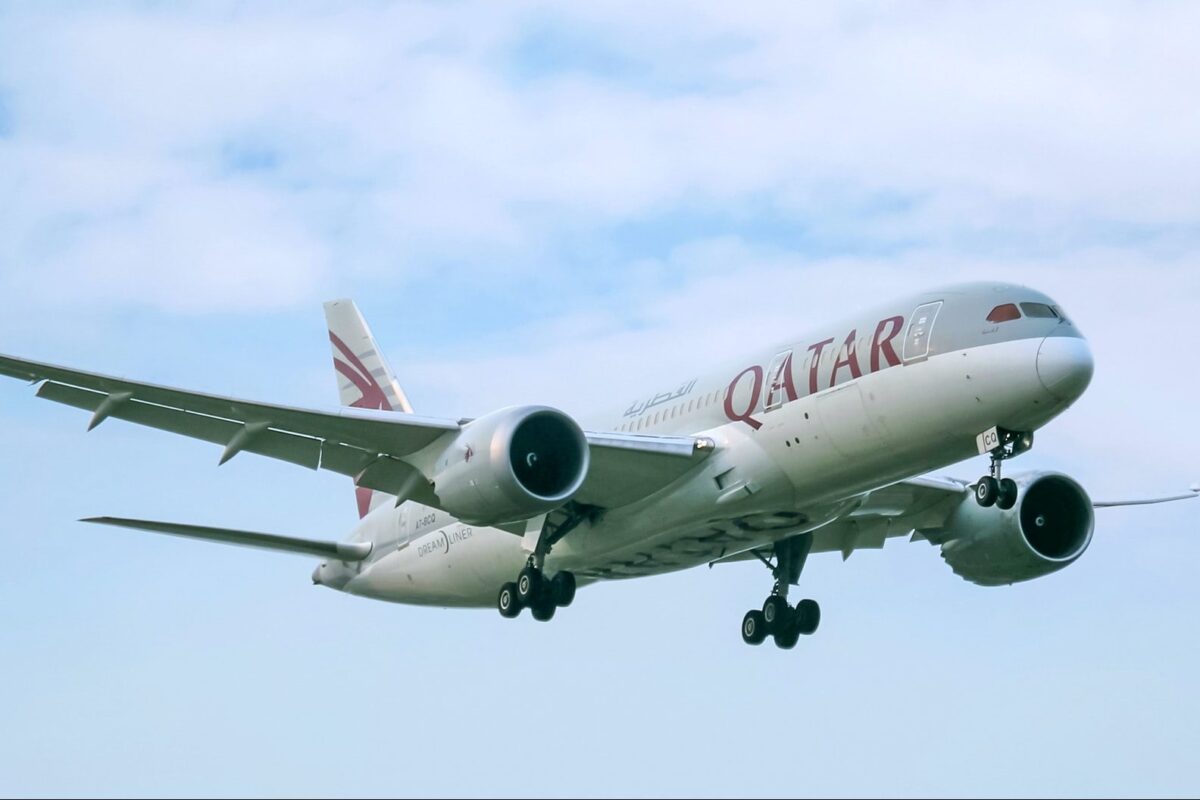The head of Qatar Airways voiced skepticism on Tuesday over an aviation industry target of achieving net-zero emissions by 2050, citing inadequate supplies of Sustainable Aviation Fuel and alternative hydrogen designs in their infancy.
“I don’t think that we will be able to achieve net-zero emissions by 2050. Everybody’s talking about it, but let us be realistic — there is not enough production of sustainable aviation fuel,” Chief Executive Akbar Al Baker told the Qatar Economic Forum, organized by Bloomberg.
The warning by one of the industry’s most high-profile leaders comes days before global airlines are due to discuss how to implement the climate pledge at an annual meeting of the International Air Transport Association in Istanbul in June.
Because aviation emissions are seen as hard to abate without radical technology, the main focus has been on “drop-in” fuels that can be placed in the existing generation of jet engines, like plant- or waste-based SAF and synthetic alternatives.
“Really the only significant contributor by way of change in technology is Sustainable Aviation Fuel. That’s the only thing that moves the needle between now and (2050),” Boeing Chief Executive Dave Calhoun told the same Doha event.
In a stand-off with the energy industry over supplies available for aviation, airlines are concerned that a gap would hamper efforts to reach the target. There is also little consensus on who should pay to ramp up production, while some environmental groups say the plans are too modest.
Airbus is promoting efforts to develop a small commercial airplane powered by hydrogen by 2035.
Boeing’s Calhoun said such technology would mature only in the second half of the century.
In 2021, nations at a United Nations body agreed to a long-term aspirational goal for net-zero aviation emissions by 2050, giving political weight to a target adopted by IATA and other industry groups including airports and planemakers in 2019.
(Reporting by Andrew Mills and Tim Hepher; editing by Barbara Lewis)
This article was written by Tim Hepher and Andrew Mills from Reuters and was legally licensed through the Industry Dive Content Marketplace. Please direct all licensing questions to legal@industrydive.com.
Subscribe to Skift Pro to get unlimited access to stories like these
{{monthly_count}} of {{monthly_limit}} Free Stories Read
Subscribe NowAlready a member? Sign in here
Subscribe to Skift Pro to get unlimited access to stories like these
Your story count resets on {{monthly_reset}}
Already a member? Sign in here
Subscribe to Skift Pro to get unlimited access to stories like these
Already a member? Sign in here
